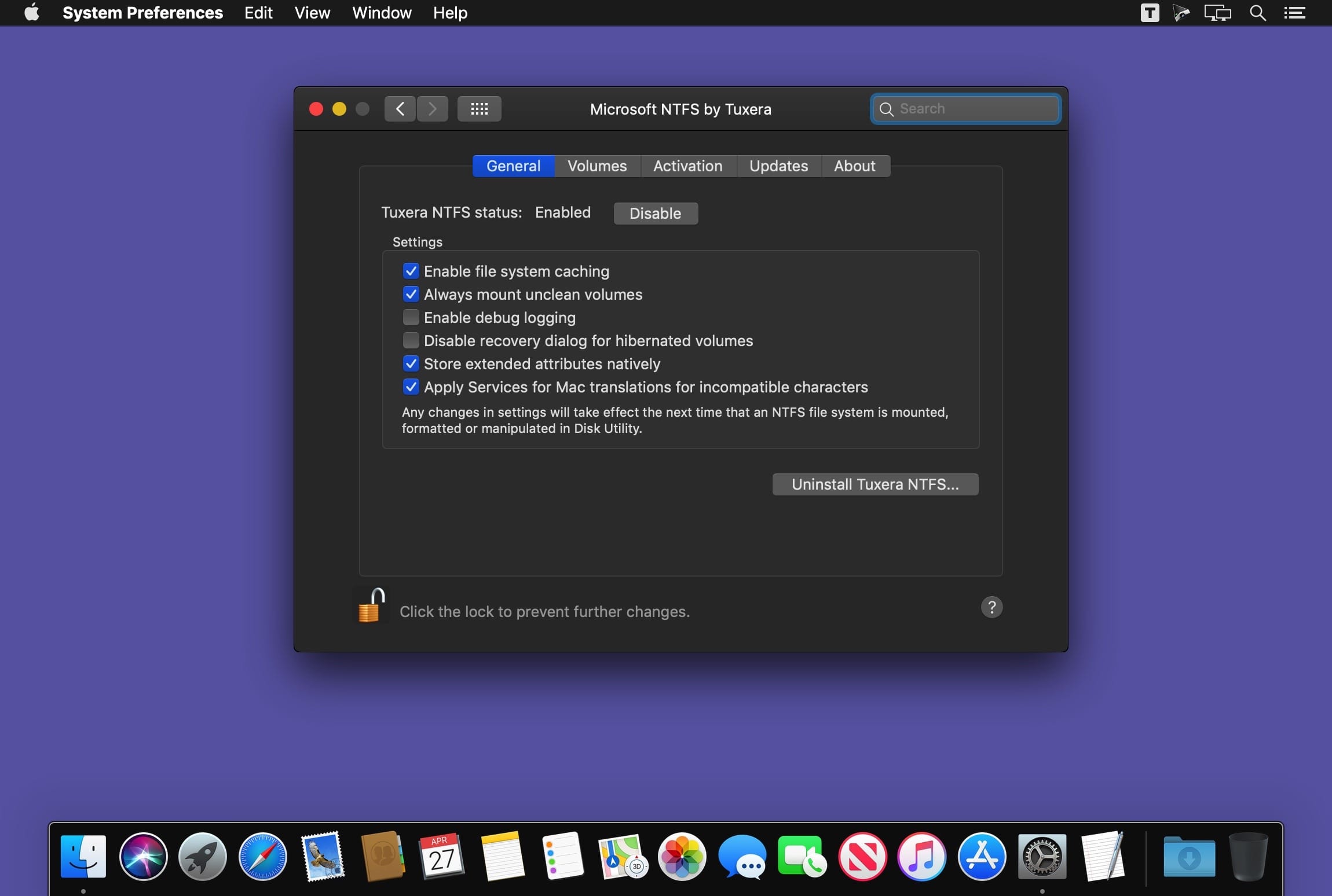

Names and the values are the metric scores Ī dictionary with metric names as keys and callables a values. If scoring represents multiple scores, one can use:Ī callable returning a dictionary where the keys are the metric If scoring represents a single score, one can use:Ī single string (see The scoring parameter: defining model evaluation rules) Ī callable (see Defining your scoring strategy from metric functions) that returns a single value. Strategy to evaluate the performance of the cross-validated model on

scoring str, callable, list, tuple or dict, default=None Number of parameter settings that are sampled.

Then a parameter is sampled using that dict as above. If a list of dicts is given, first a dict is sampled uniformly, and If a list is given, it is sampled uniformly. Method for sampling (such as those from ). param_distributions dict or list of dictsĭictionary with parameters names ( str) as keys and distributions This is assumed to implement the scikit-learn estimator interface.Įither estimator needs to provide a score function, Parameters estimator estimator objectĪ object of that type is instantiated for each grid point. It is highly recommended to use continuous distributions for continuous Is given as a distribution, sampling with replacement is used. Sampling without replacement is performed. If all parameters are presented as a list, The number of parameter settings that are tried is Rather a fixed number of parameter settings is sampled from the specifiedĭistributions. In contrast to GridSearchCV, not all parameter values are tried out, but The parameters of the estimator used to apply these methods are optimizedīy cross-validated search over parameter settings. “decision_function”, “transform” and “inverse_transform” if they are It also implements “score_samples”, “predict”, “predict_proba”, RandomizedSearchCV implements a “fit” and a “score” method. RandomizedSearchCV ( estimator, param_distributions, *, n_iter = 10, scoring = None, n_jobs = None, refit = True, cv = None, verbose = 0, pre_dispatch = '2*n_jobs', random_state = None, error_score = nan, return_train_score = False ) ¶ Sklearn.model_selection.RandomizedSearchCV ¶ class sklearn.model_selection.


 0 kommentar(er)
0 kommentar(er)
